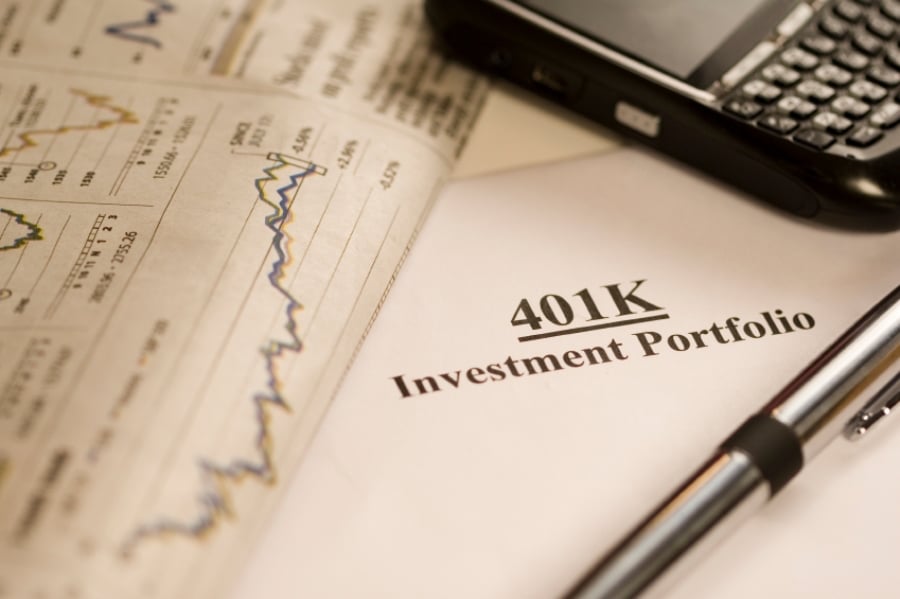

Retirement plan investors inched toward stock funds more days than not last month – the first time they have done so during the COVID-19 crisis.
The overall amount of trading during April was small, reflecting just 0.13% of 401(k) assets in Alight Solutions’ record keeping business, according to a report this week from that company. However, 12 of the 21 days the market was open favored trades to equity funds, the firm reported.
In terms of total assets, more 401(k) money went into bond funds, which represented 31% of trading inflows, according to Alight. By comparison, 19% of trading by retirement plan participants went into self-directed brokerage accounts, and 18% was a shift toward money market funds, the record keeper noted.
Due to market returns and net trading, the average 401(k) allocation to equities funds increased during April, at 64.7%, up from 63.1% at the end of March, according to Alight.
In April, the S&P 500 Index was up nearly 13%, though it was still down by more than 9% for the year, through the end of the month.
Meanwhile, investors continued to pull money from target-date funds. Those products accounted for 44% of outflows from 401(k) plans, the Alight report showed.
In March, investors who were within about 15 years of retirement pulled a total of $9.4 billion from target-date funds, according to data from Morningstar.
The COVID-19 pandemic and market fall has clearly rattled investors, but some of their worries might be easing. About 62% of people said they were concerned about their retirement savings in a May 5 survey of 1,000 people commissioned by LendEDU. That was down from 72% at the beginning of April, according to a similar survey from the firm.
A separate survey of 3,000 people commissioned by Fidelity Investments last month found that 60% are at least somewhat worried about their finances. That sentiment was stronger among millennials (69%) and Gen Xers (68%) than baby boomers (51%). Across all generations, 46% of people said they were worried about having enough money saved for retirement, according to the Fidelity survey.
In response, one of the largest investment firms and retirement plan providers, Vanguard, sought to calm investors. On Monday, that firm published a report comparing the recent market losses to the wealth changes investors have seen over the past three years. While the S&P 500 was down nearly 20% during the first three months of 2020, investors are not usually invested entirely in stocks or stock funds – so the losses many saw were lower, according to the report.
During the first quarter, the 6.5 million defined-contribution plan participants and retail clients in Vanguard’s business saw their wealth decline by an average of 14%, a figure that includes changes due to market returns, account contributions and withdrawals, the firm wrote. That change also corresponds to an approximate allocation of 70% to equities and 30% to fixed income, the report noted.
But over 12 months, investors who had equity allocations of less than 75% did not see drops in wealth, on average, and some saw increases, the firm wrote.
“When we widened the study’s time frame to three years, nearly all investors saw increases in wealth,” the paper stated. “A hypothetical 70/30 balanced portfolio would have grown by 12.4% over the three-year period ended March 31, 2020.”

Executives from LPL Financial, Cresset Partners hired for key roles.

Geopolitical tension has been managed well by the markets.

December cut is still a possiblity.

Canada, China among nations to react to president-elect's comments.

For several years, Leech allegedly favored some clients in trade allocations, at the cost of others, amounting to $600 million, according to the Department of Justice.
Streamline your outreach with Aidentified's AI-driven solutions
This season’s market volatility: Positioning for rate relief, income growth and the AI rebound
